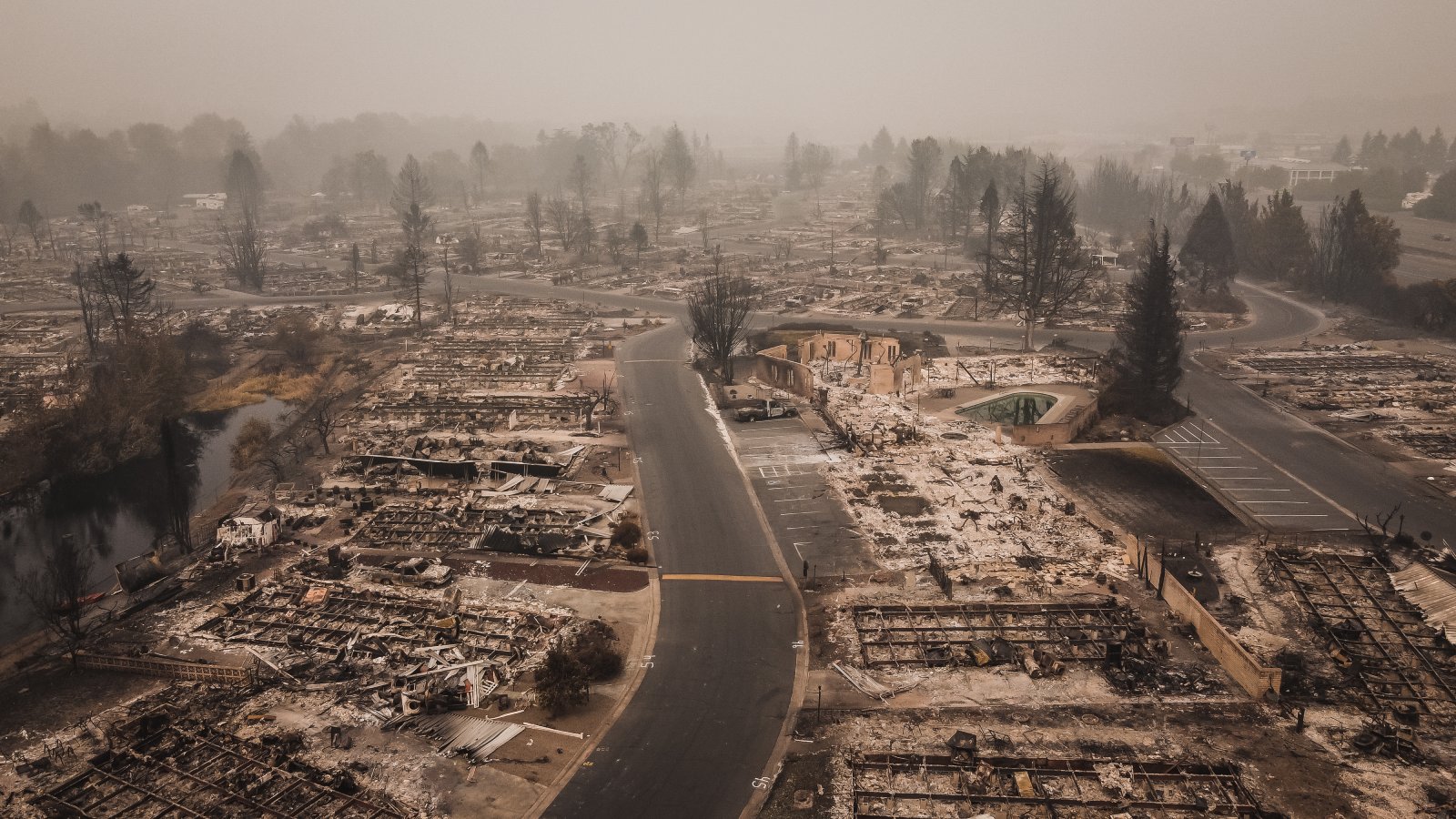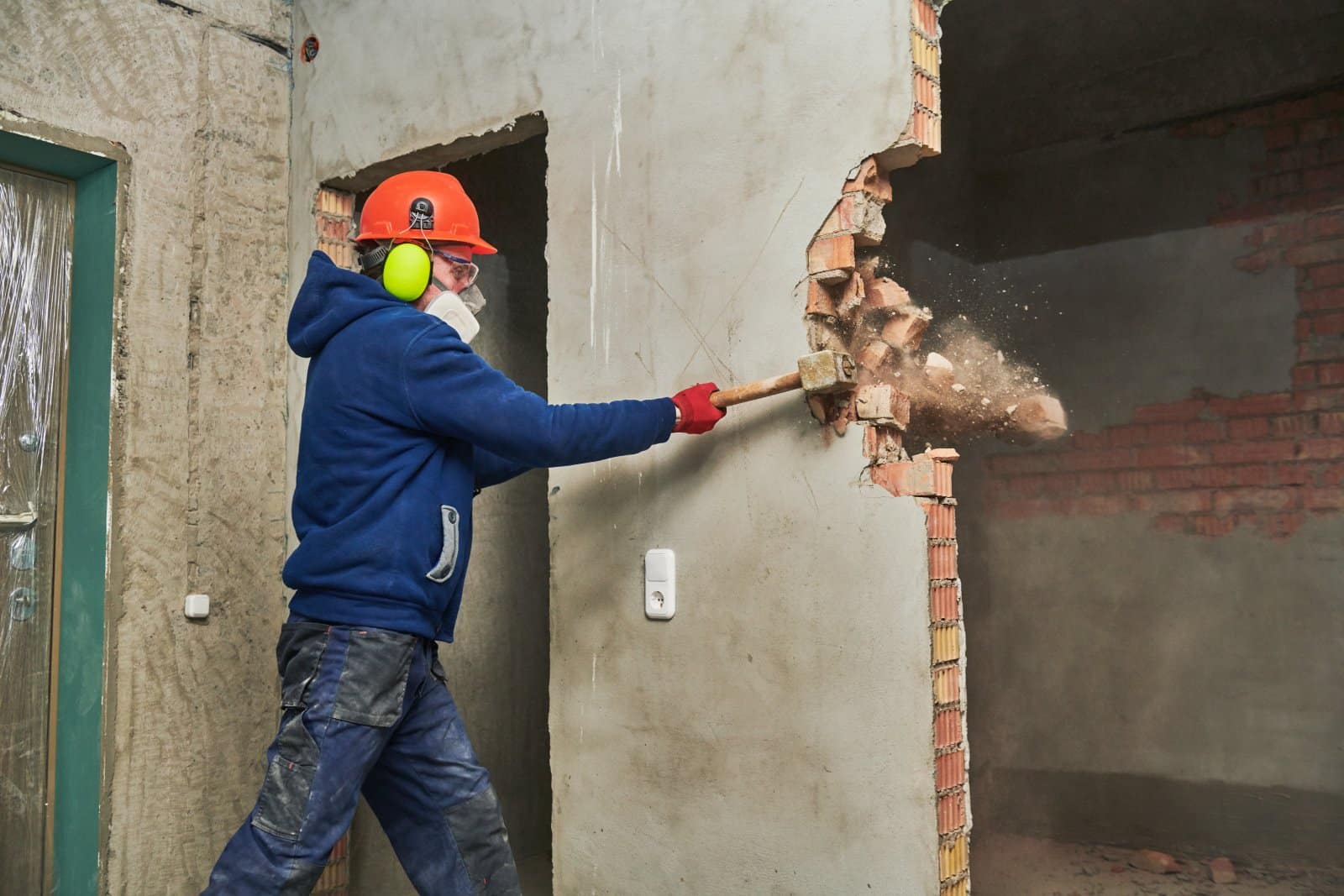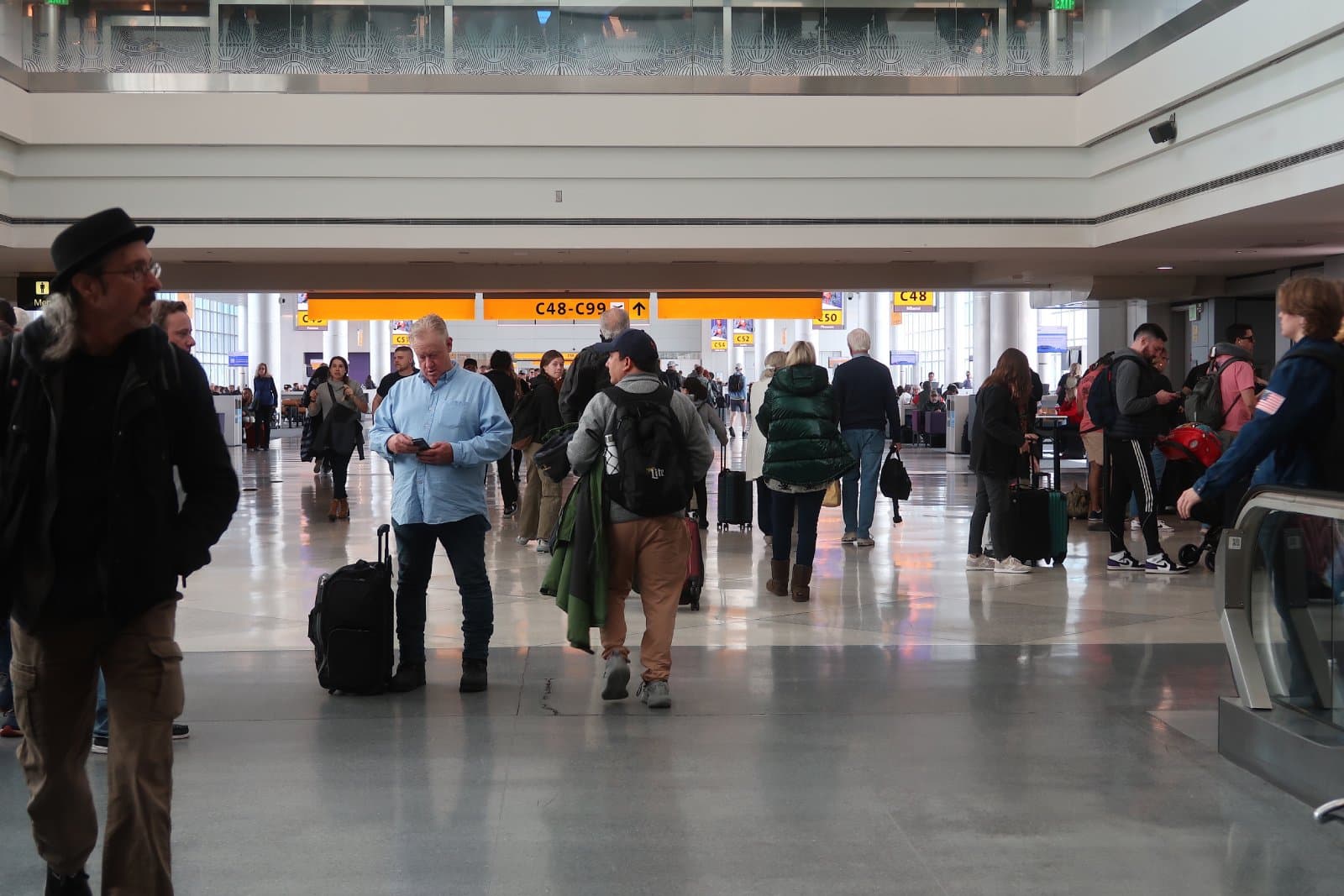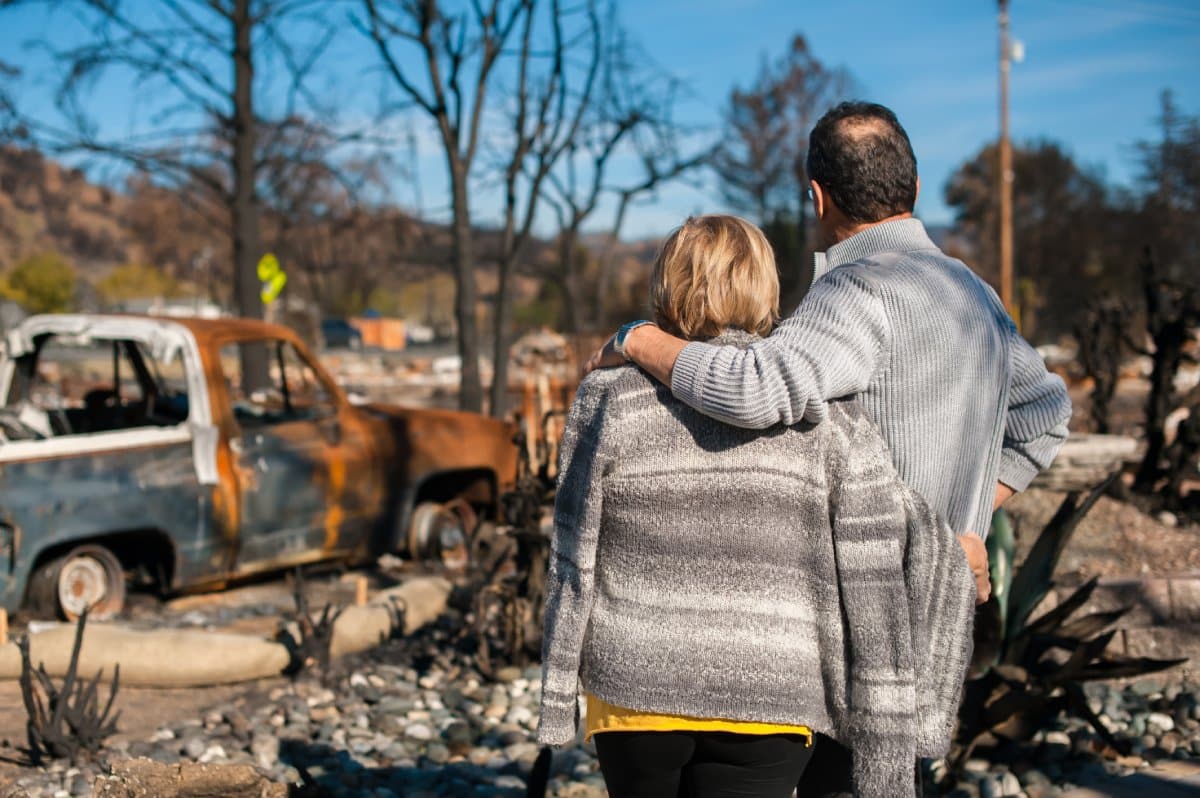Maui is struggling to respond to a chronic housing shortage on the island. Several factors now weigh on the county’s recovery efforts in the wake of last year’s deadly wildfire.
One Year Later

It’s been an incredibly tough year for Maui residents, as they continue to grapple with the consequences of the devastating wildfire that destroyed the township of Lahaina on August 8 last year.
Severe Housing Shortage

However, one factor has made recovery especially difficult – an ongoing housing shortage. Though it existed prior to August 2023, it has been made demonstrably worse by the natural disaster which killed 102 people and displaced thousands.
8000 People in Emergency Housing

Immediately after the wildfires, the Federal Emergency Management Agency paid for temporary housing for approximately 8,000 people displaced by the Lahaina wildfire.
Months Moving Between Residences

These residents have spent months bouncing between hotel rooms, vacation rentals, and other short-term options that had been left empty after tourists fled the island.
Thousands Still Struggling

A year on, and thousands are still struggling. A recent survey of wildfire survivors showed that 6 out of 10 people affected have been unable to find a permanent, stable living situation.
Researchers Chime in

In May, researchers from the University of Hawaiʻi at Mānoa Maui Wildfire Exposure Study also released a preliminary report studying the health impacts of the Lahaina wildfire and resulting community resiliency.
56% in Temporary Housing

The report showed that 56% of survivors were still in temporary housing, with 74% experiencing a reduction of household income following the fires, pushing permanent housing solutions even further out of reach for many.
Call for Housing Policies

Researchers recommended that “policies supporting housing supply, financial aid, and access to affordable options” be considered as one of the most important strategies for wildfire recovery.
$500 Million Expense

According to a report from the Associated Press, disaster recovery and housing experts have estimated that FEMA and non-profit organizations will need to spend more than $500 million in the next two years to keep displaced residents in temporary housing.
Dangerous Development Efforts

Rebuilding homes, and developing new ones, has also proved difficult. Toxic rubble that emits dioxins, ash filled with arsenic from ruined building materials, and other detritus have made clearing land time-consuming and dangerous.
Other Concerns

This has been compounded by the need to transport new building materials from thousands of miles away and to replace water, electrical, and sewerage systems before houses can be built.
Tourists Return to Maui

As if the current housing situation isn’t concerning enough, the return of tourism to Maui is placing more pressure on the rental market as visitors seek out the limited vacation rentals.
A Controversial Proposal

The response to this conflict in housing needs has been met with a controversial proposal from Maui’s mayor, Richard Bissen. Earlier this year Bissen proposed that more than 7,000 short-term holiday rentals be reallocated for long-term housing, according to the non-profit news organization Honolulu Civil Beat.
Recommended to the County Council

His proposal was presented to the Maui Planning Commission, which voted unanimously to recommend a modified legislation to the Maui County Council.
Raising Concerns

While the legislation would free up a glut of much-needed housing for transient residents affected by the fires, and has been lauded by many, it hasn’t been without its issues.
Reducing Tourist Accommodation

For one, it raises a difficult question about the future of tourism on the island. According to the AP, one-third of all visitors use these short-term rentals as accommodation during their vacations on the island.
Affecting County Revenue and Jobs

Reduced housing would affect the tourist revenue generated for the local economy, according to economist Paul Brewbaker, who claims that visitor numbers could drop by 33% which could put thousands of tourist jobs on the island at risk.
A Big Plus for Long-term Rental Stock

However, Bisson has defended the proposal, along with the support of the University of Hawaii Economic Research Organization. Assistant Professor Justin Tyndall estimates the initiative would raise housing stock by 13%.
A Community Sorely in Need

Whatever the results of the legislation, and the ongoing efforts from federal agencies and community organizations, one thing is clear: without a reliable housing supply, communities in Maui are at risk of fracturing further as native and local-born residents face the prospects of dire poverty or leaving the island to seek more stable options.
Hawaii’s Future is At Stake

“You start to change the fabric of Hawaii,” Kuhio Lewis told the AP. Lewis is the CEO of the Council for Native Hawaiian Advancement, a nonprofit that works with locals to find emergency housing. “That’s what’s at stake, is the future of who Hawaii is.”
Remote No More: 19 Companies Returning to the Office

As the pandemic wanes, companies are recalling remote workers back to the office, sparking debates on fairness, costs, and convenience. However, there are also notable productivity, coworking, and mental health benefits to consider. Feeling the effects of these changes? Remote No More: 19 Companies Returning to the Office
8 Costco Must Buys and 8 to Leave Behind

Ever wandered Costco’s aisles, questioning if that giant jar of pickles is a real bargain? Or debated buying tires where you get your rotisserie chicken? Welcome to the definitive guide to Costco shopping—a journey to save money, prevent regrets, and offer quirky insights into bulk buying. 8 Costco Must Buys and 8 to Leave Behind
23 Reasons Texas Is the Next Big Thing

Texas is becoming a beacon of opportunity, blending cultural heritage with economic growth. From its landscapes to its industries, the Lone Star State offers a dynamic lifestyle. Here are 23 reasons why Texas stands out, attracting entrepreneurs, artists, tech professionals, and families seeking new beginnings. 23 Reasons Texas Is the Next Big Thing
Featured Image Credit: Shutterstock / Vlad Teodor.
The content of this article is for informational purposes only and does not constitute or replace professional financial advice.

